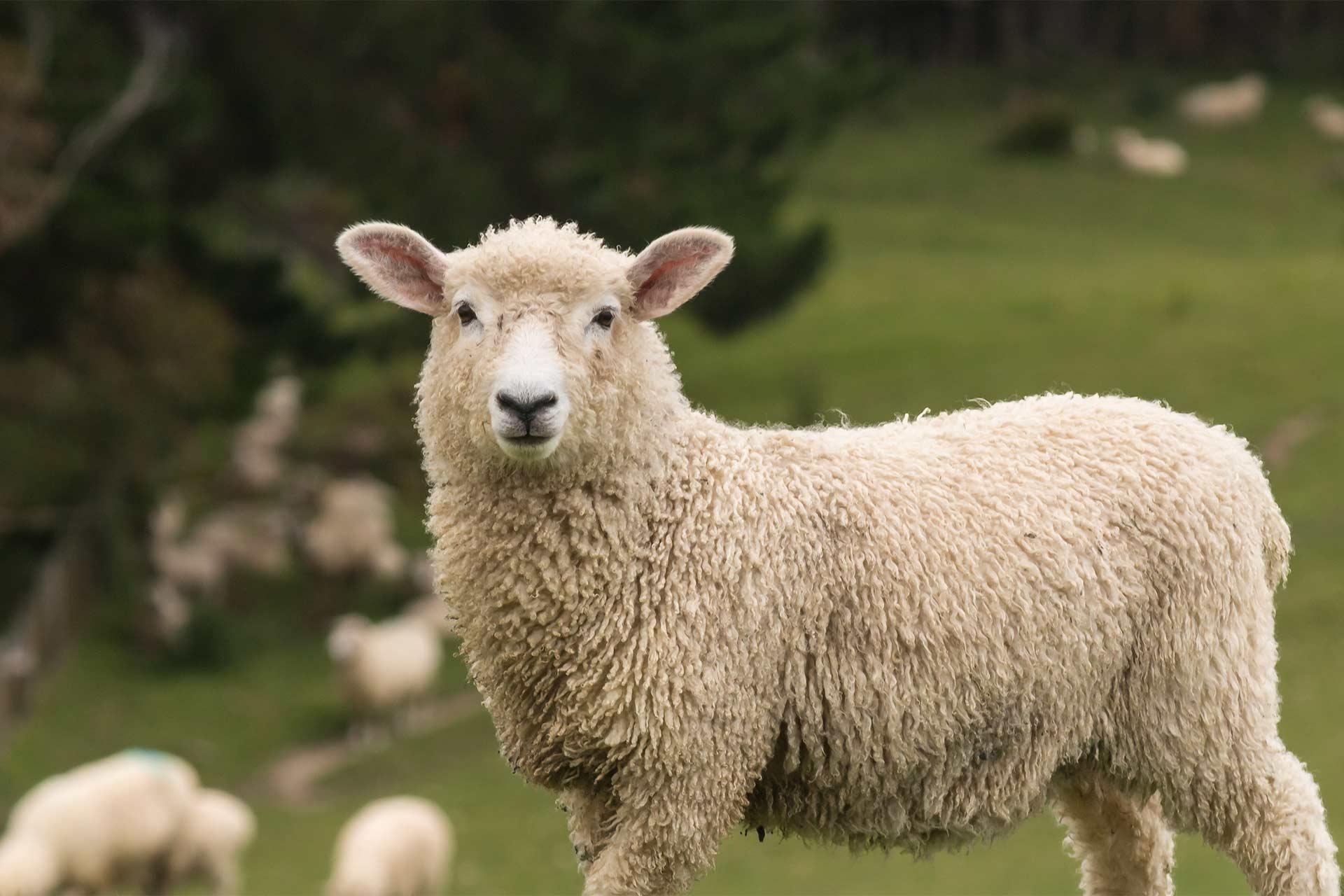Influence of deoxynivalenol-contaminated feed on the immune response of pigs after PRRSV vaccination and infection
The impact of the Fusarium mycotoxin deoxynivalenol (DON) on the immune response against porcine reproductive and respiratory syndrome virus (PRRSV) vaccination and infection was investigated. Forty-two weaned piglets were separated into seven groups and received three different diets: Low DON (1.09 ppm), High DON (2.81 ppm) or No DON. These three treatments were split further into either vaccinated (Ingelvac PRRSFLEX EU) and challenged with PRRSV 28 days post-vaccination, or only infected at day 28. A seventh group received no DON, no vaccination, and no infection. Two weeks after challenge infection, when pigs were euthanized, the number of IFN-γ producing lymphocytes in the blood of vaccinated animals was lower in pigs on High DON compared to animals on Low DON or No DON. Intracellular cytokine staining showed that vaccinated animals fed with the Low DON diet had higher frequencies of TNF-α/IFN-γ co-producing CD4+ T cells than the other two vaccinated groups, particularly in lung tissue. Vaccinated animals on High DON had similar viral loads in the lung as the non-vaccinated groups, but several animals of the Low DON or No DON group receiving vaccination had reduced titers. In these two groups, there was a negative correlation between lung virus titers and vaccine-specific TNF-α/IFN-γ co-producing CD4+ T cells located either in lung tissue or blood. These results indicate that after PRRSV vaccination and infection, high levels of DON negatively influence immune parameters and clearance of the virus, whereas low DON concentrations have immunomodulatory effects.

